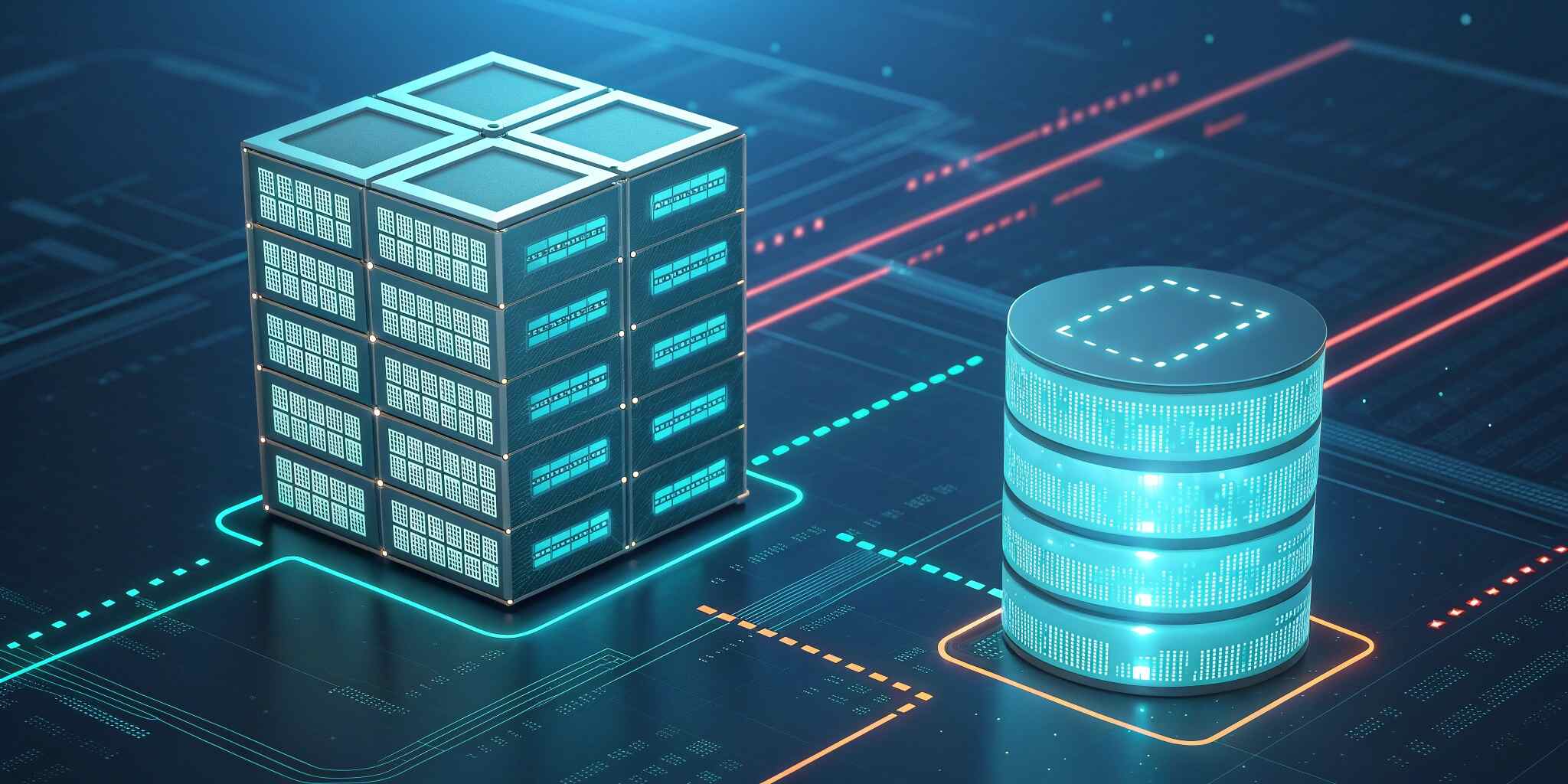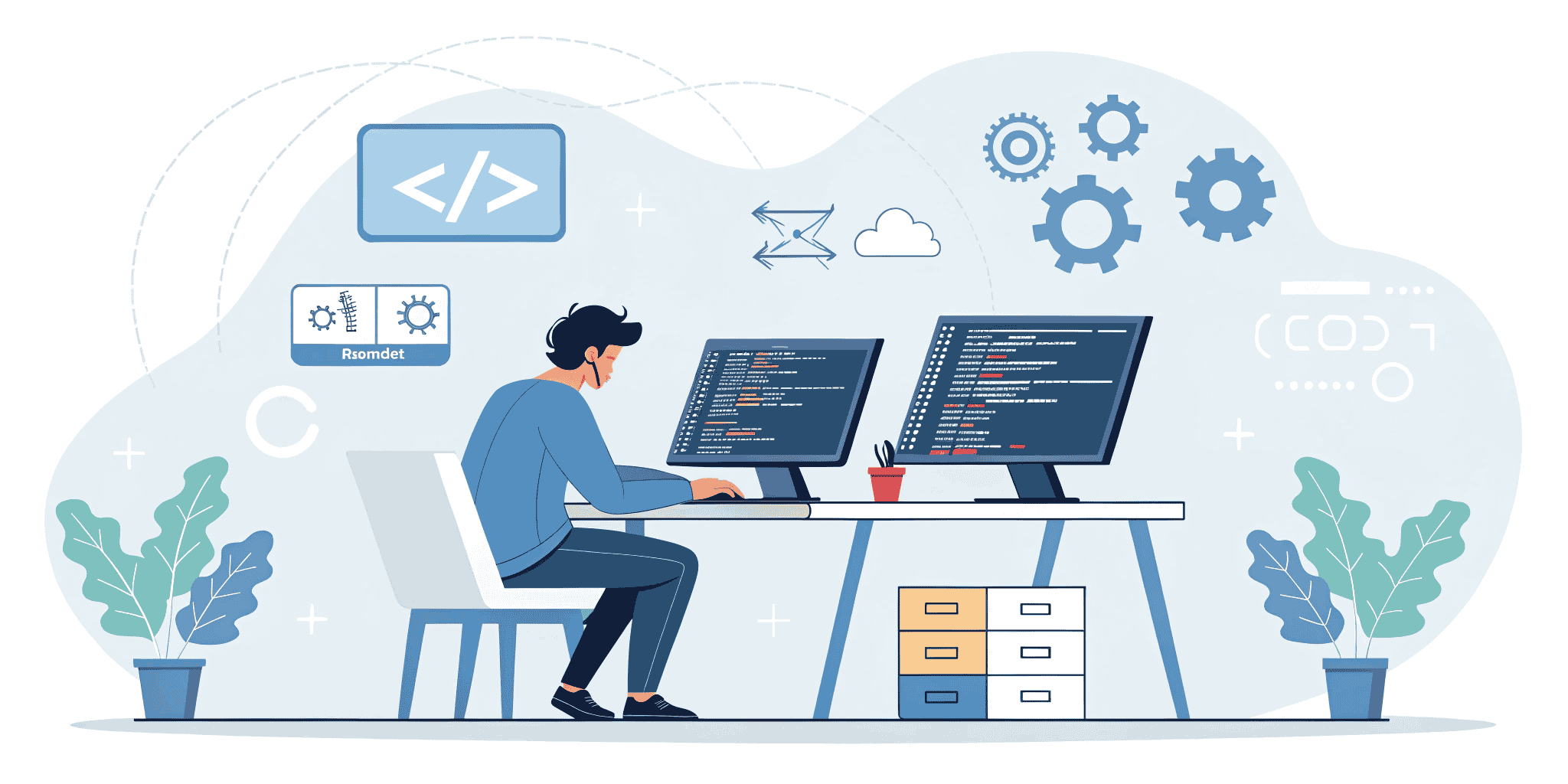In the digital age, data is the driving force behind business decisions and innovative technologies. At the core of managing this data are databases, which come in two major types: SQL (Structured Query Language) and NoSQL (Not Only SQL). Understanding their differences is crucial for developers, IT teams, and businesses when selecting the right database solution.
What is SQL?
SQL databases, also known as relational databases, store data in structured tables with predefined schemas. They are best suited for applications that require complex queries, strict consistency, and well-defined relationships between data. Popular SQL databases include MySQL, PostgreSQL, and Microsoft SQL Server.
What is NoSQL?
NoSQL databases are non-relational and handle unstructured or semi-structured data. They are designed for scalability, flexibility, and handling large volumes of data. NoSQL databases include document-based, key-value, columnar, and graph databases. Well-known examples are MongoDB, Cassandra, Redis, and Couchbase.
Key Differences Between SQL and NoSQL
While SQL databases rely on structured schemas and ACID (Atomicity, Consistency, Isolation, Durability) compliance, NoSQL databases prioritize flexibility and scalability, often following the BASE (Basically Available, Soft state, Eventually consistent) model. SQL is ideal for applications like banking systems, while NoSQL is often used in social media platforms, e-commerce, and real-time analytics.
Benefits of SQL
SQL databases ensure reliability, data integrity, and robust support for complex queries. They are excellent for use cases requiring high accuracy and transactional consistency.
Benefits of NoSQL
NoSQL databases offer high scalability, fast performance, and flexibility in storing diverse data formats. They are suitable for applications with rapidly changing requirements and big data needs.
Challenges to Consider
SQL databases may struggle with massive scalability, while NoSQL databases sometimes compromise strict consistency for speed and flexibility. Choosing between them depends on the nature of the application and business goals.
Conclusion
Both SQL and NoSQL databases play vital roles in modern IT systems. SQL remains the go-to for structured, reliable applications, while NoSQL excels in dynamic, data-heavy environments. The best choice often depends on scalability needs, data structure, and application requirements.


